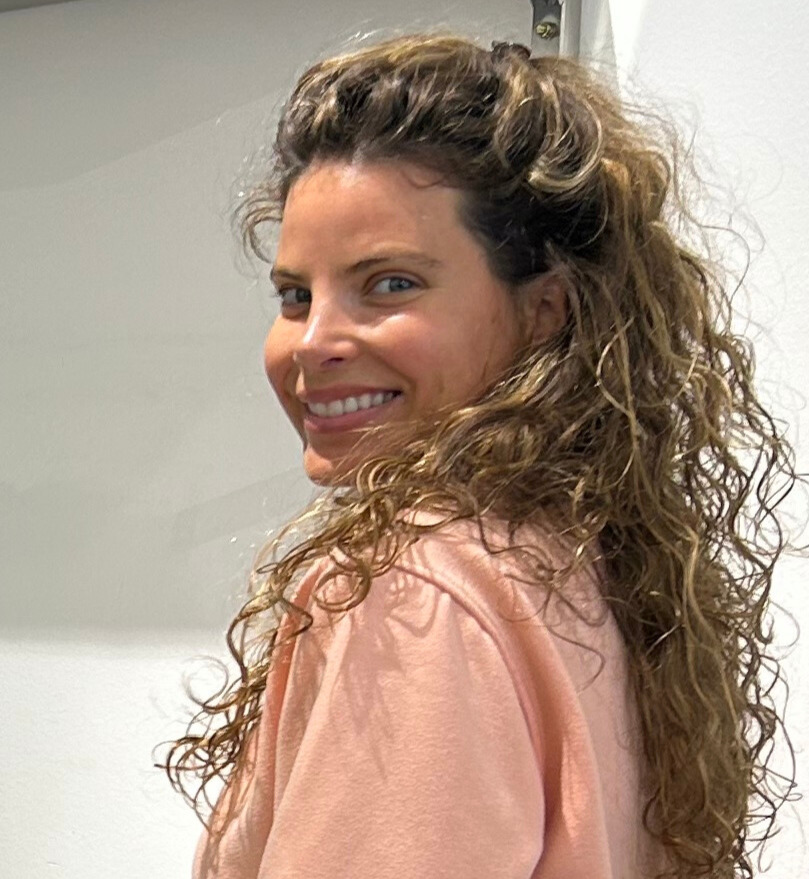At the outset, Fashion Factory used more traditional tools that have enabled it to expand. Today, management wants to bring in a suite of modern tools, while retaining the specificity of its working model.
It's true that there's a lot of talk about digital transition and modernisation, but we mustn't forget that a process that works, even if it's dated, deserves to be exploited to the full before being replaced.
That was the main challenge when we called on Inforca. I set up a clear framework for the project with your teams, and we discussed it in advance before meeting the Fashion Factory managers. More broadly speaking, this issue of digital transition is also relevant to the Giraudi Group, because we have different activities.
So what we're doing with Fashion Factory is part of a more global approach within the group. It really was the right time to undertake this transformation.
And to meet this challenge, what specific solutions have we put in place to meet your needs, and how have these solutions stood out from other approaches?
The difference between a public institution, where everything is highly regulated, and an SME (which we are) lies in the flexibility required to adapt to changes in the business. In an SME, you can't rely on an immutable framework, because the business evolves, and it's vital to adapt to it without disrupting established working methods too much.
The main challenge for Fashion Factory was to find a technical service provider who understood not only the business and its challenges, but also why certain existing processes needed to evolve without being abandoned.
A company's strength lies not only in what it sells, but also in the way it approaches its activities and the processes it puts in place.
Even if certain methods and uses of digital tools were dated, they reflected an intelligence and know-how that it was important to preserve, while modernising them.
Another major challenge was to understand Fashion Factory's specific needs and to create the conditions for dialogue that would enable these needs to be clearly defined and framed. Next, we had to propose an appropriate working method so as never to lose the teams along the way. Yohann (Inforca) and I had a good understanding of each other. But it was essential to ensure that everyone we spoke to, even those without a strong digital background, could follow and understand the proposals.
Empathy was fundamental. Some things that may seem obvious to IT specialists or project managers are not necessarily so to others, and vice versa. So we had to be able to understand and respect the essence of the processes in place, while at the same time introducing innovations using new digital tools.
This approach was particularly appreciated by Alberto Rossi, the director of Fashion Factory.
Yohann and his team were able to establish a dialogue right from the start. They were very good listeners and didn't hesitate to visit the site several times to understand how the warehouse worked and the company's specific needs.
This really made the difference compared with other agencies, which often simply offer a standard solution, without taking the time to adapt their approach to the customer's specific needs. This willingness to personalise and listen was essential in responding effectively to Fashion Factory's needs.
Interview by Alisée, Digital Development and Events Manager at Inforca, with Lucas Pieroni, Project Manager at the Giraudi Group.




